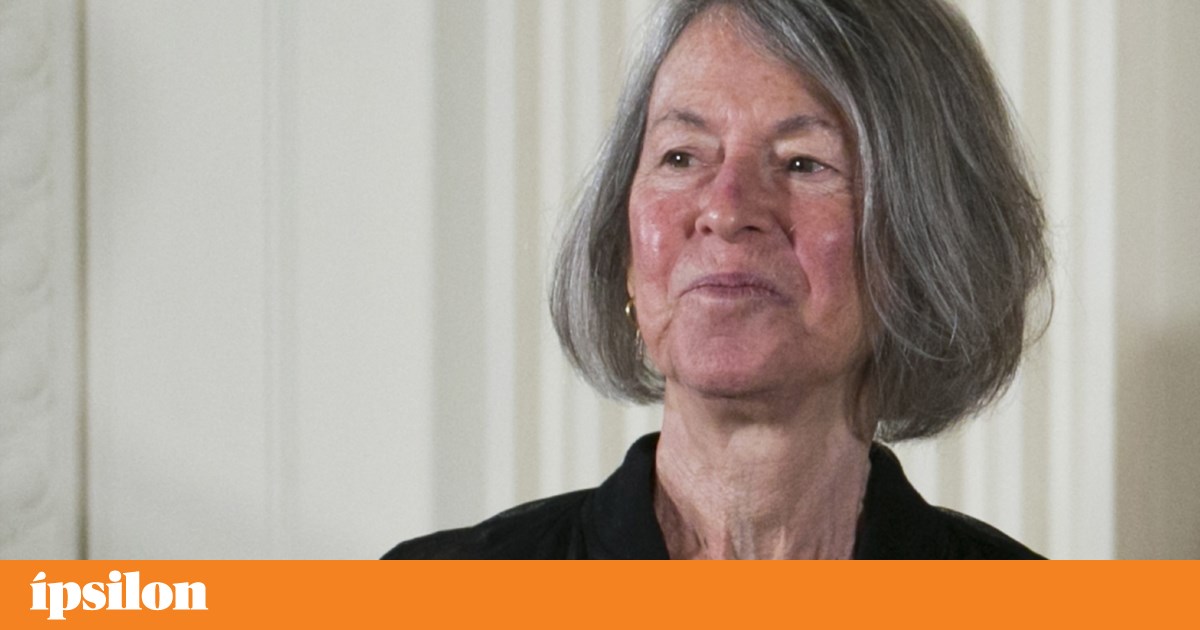American poet Louise Gluck, winner of the 2020 Nobel Prize in Literature, died on Friday at the age of eighty. The news was confirmed by the Associated Press with Jonathan Galassi, editor of the magazine Glück na Farra, Straus & Giroux. Cause of death unknown.
Gluck is ranked among the greatest contemporary poets in the United States, and has also won the Pulitzer Prize and the National Book Award. In 2020, in the midst of the pandemic, and without the right to the Nobel Prize ceremony in Stockholm, the Swedish Academy selected her “for her unambiguous poetic voice, which makes individual existence universal with its austere beauty,” highlighting “the search for clarity.” “His poetry, influenced by Shakespeare, the Greeks, and the classical canon, is remarkably personal yet accessible to readers unfamiliar with the genre.
Hugo Pinto Santos wrote about her in 2021 in Epsilon: “We would not be very wrong if we said that Louise Gluck would from the beginning be an extraordinary candidate for the Nobel Prize. She is an author of poetry that can be located at one of the two possible opposite poles of writing focused on public demonstrations, or who was particularly interested in the politics of her time, even in history, or who is able to confront a contemporary world characterized by speed, instant consumption, erasure after use, and constant transgression – Eternal now.
They have been writing since the late 1960s Achilles’ victory (1985), Ararat (1990) and Wild iris (1992) To make his work famous, it was published in Portugal by Relógio D’Água, only after he had received the Nobel Prize. It was his last poetry collection Winter recipes for the groupissued in 2021, after international recognition.
Born in New York on April 22, 1943, of Eastern European Jewish descent, Gluck was until recently a professor of literature at Yale University, and was appointed professor of English at Stanford University this year. He divided his time between Massachusetts and California, having also lived for many years in Vermont.
“The advantage of poetry over life,” he once wrote, “is that poetry, if it is conclusive enough, may endure.”

“Infuriatingly humble analyst. Bacon maven. Proud food specialist. Certified reader. Avid writer. Zombie advocate. Incurable problem solver.”

